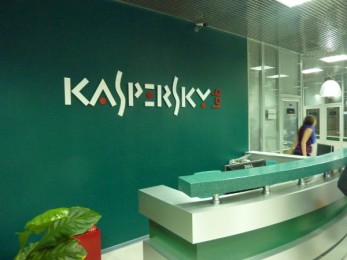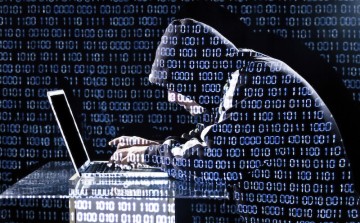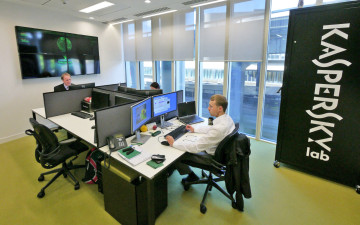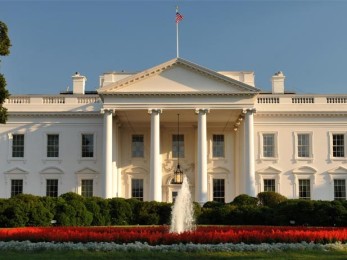 Kaspersky has seen a flood of support from its distributers after the US government ordered its departments to remove all of its products within 90 days.
Kaspersky has seen a flood of support from its distributers after the US government ordered its departments to remove all of its products within 90 days.
The US government’s Department of Homeland Security (DHS) yesterday released a statement saying the use of Kaspersky products carried “information security risks” to the government.
“The Department is concerned about the ties between certain Kaspersky officials and Russian intelligence and other government agencies, and requirements under Russian law that allow Russian intelligence agencies to request or compel assistance from Kaspersky and to intercept communications transiting Russian networks”, the statement read.
“The risk that the Russian government, whether acting on its own or in collaboration with Kaspersky, could capitalise on access provided by Kaspersky products to compromise federal information and information systems directly implicates US national security.”
DHS also claimed that Russian law allows its intelligence services to “request or compel assistance from Kaspersky and to intercept communications transiting Russian networks”.
Kaspersky has denied any connection to the Russian government since July when Bloomberg claimed to have seen emails proving the vendor had been working with the Kremlin.
Bloomberg saw emails between founder Eugene Kaspersky and senior Kaspersky staff, discussing a cybersecurity project that was in development for the Russian FSB intelligence agency.
Kaspersky said it was disappointed with the US government’s decision.
“No credible evidence has been presented publicly by anyone or any organisation as the accusations are based on false allegations and inaccurate assumptions, including claims about the impact of Russian regulations and policies on the company. Kaspersky Lab has always acknowledged that it provides appropriate products and services to governments”, Kaspersky added.
Kaspersky’s distributors agree, saying that the whole thing has the smell of anti-Russian politics rather than meaningful security problems.
Dave Stevinson, managing director at Kaspersky partner GNR, said the US’ decision is driven by political motives, rather than technological motives.
“In my opinion, this is a political issue and unfortunately for Kaspersky they’ve been used as a pawn in Trump’s game against Russia,” he said.
Resellers say that in Europe there has been no reluctance from partners or customers to continue using Kaspersky products.
One ace card that Kaspersky did was offer to share the source code with the US spooks. If there were Russian interference that would have been obvious from the code.
The fact that the US government refused to take it and yet locked them out of US markets is probably a sign that they were not really interested in security.
 Security outfit Kaspersky is allowing its threat data feeds to become available through the ThreatConnect Platform to help businesses get a better idea of the threats.
Security outfit Kaspersky is allowing its threat data feeds to become available through the ThreatConnect Platform to help businesses get a better idea of the threats.












